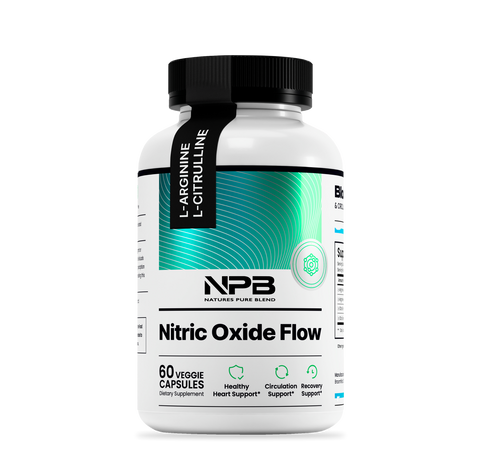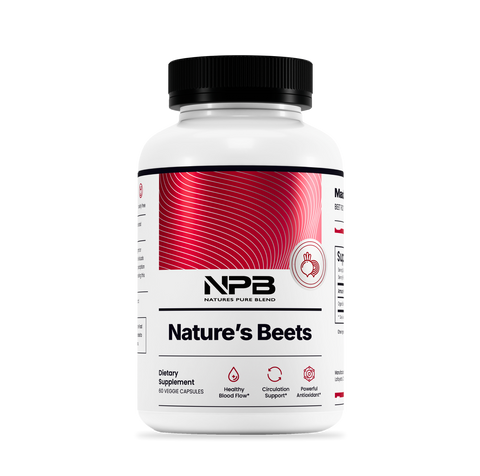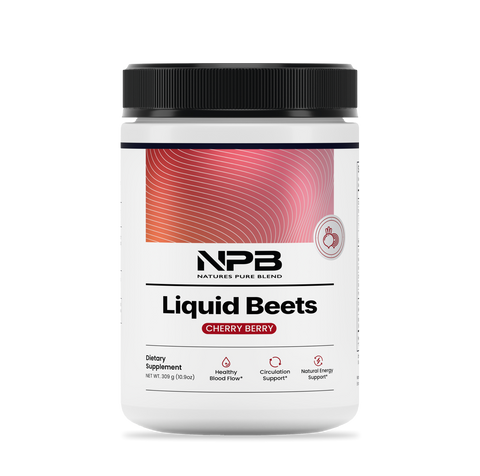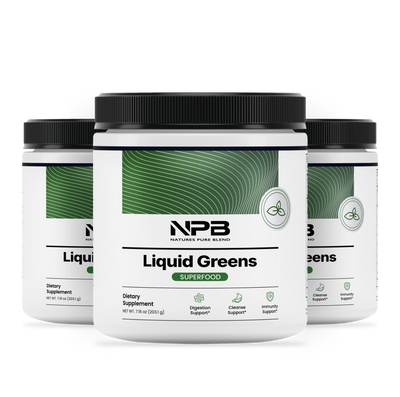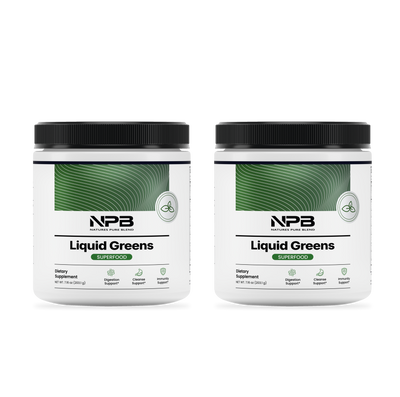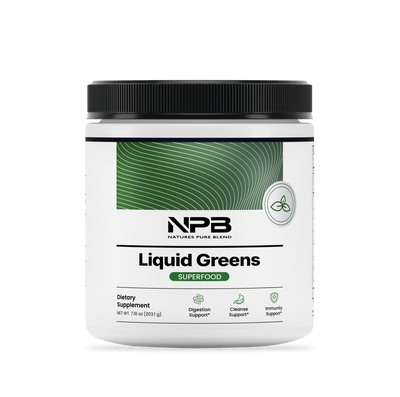As temperatures drop, your immune system naturally becomes more challenged. Cold, dry air reduces the ability of your nasal passages to trap viruses, while winter conditions allow germs to survive longer outside the body. This combination can make it easier to catch colds, flu, or other seasonal illnesses.
Supporting your immune system doesn't have to be complicated. There are practical steps you can take to maintain healthy defenses, promote faster recovery, and reduce inflammation during the colder months. Here are nine ways to strengthen your immune system for winter:
---1. Prioritize Sleep
Quality sleep is essential for immune health. During deep sleep, your body produces proteins and cells that help defend against infection. Aim for consistent, sufficient sleep to allow your immune system to operate efficiently. 1
---2. Stay Hydrated
Even in cold weather, your body still loses water through breathing, urine, and sweat. Proper **hydration** helps maintain cellular function and supports the movement of immune cells throughout your body. 2
---3. Manage Stress
Chronic stress can weaken your immune response. Practices such as meditation, deep breathing, or mindfulness can help balance **stress hormones** and maintain healthy immune function. 3
---4. Eat a Balanced Diet
A variety of fruits, vegetables, and whole foods provides essential vitamins, minerals, and antioxidants that support immune health. Focus on foods rich in **vitamin C, vitamin D, zinc**, and other nutrients known to aid healthy immune function. 4
---5. Include Regular Physical Activity
**Moderate exercise** improves circulation, helping immune cells move efficiently throughout your body. Even winter-friendly activities like indoor workouts, yoga, or brisk walking can support your defenses. 5
---6. Maintain Healthy Gut Function
A large portion of your immune system resides in your gut. **Prebiotic and probiotic foods**, such as yogurt, kefir, and fiber-rich vegetables, help maintain a balanced gut microbiome, which contributes to a healthy immune response. 6
---7. Protect Against Dry Air
Dry indoor air can irritate your respiratory system, reducing your natural defenses. Using a **humidifier** or staying hydrated can help keep nasal passages moist, supporting the trapping and removal of pathogens. 7
---8. Practice Good Hygiene
**Frequent handwashing** and avoiding close contact with sick individuals can reduce your exposure to seasonal viruses. Simple hygiene habits remain one of the most effective ways to prevent infections. 8
---9. Get Safe Sunlight Exposure or Supplement Vitamin D
Shorter winter days can limit **vitamin D** production, which is important for immune function. When possible, spend time outside in natural sunlight or consider a vitamin D supplement to maintain healthy levels.
---Winter doesn’t have to mean a weaker immune system. By focusing on **sleep**, **hydration**, **nutrition**, **stress management**, **physical activity**, **gut health**, **humidity**, **hygiene**, and **vitamin D**, you can support your body’s defenses. Taking these steps helps maintain healthy immune function, promotes faster recovery, and reduces the impact of seasonal illnesses.
